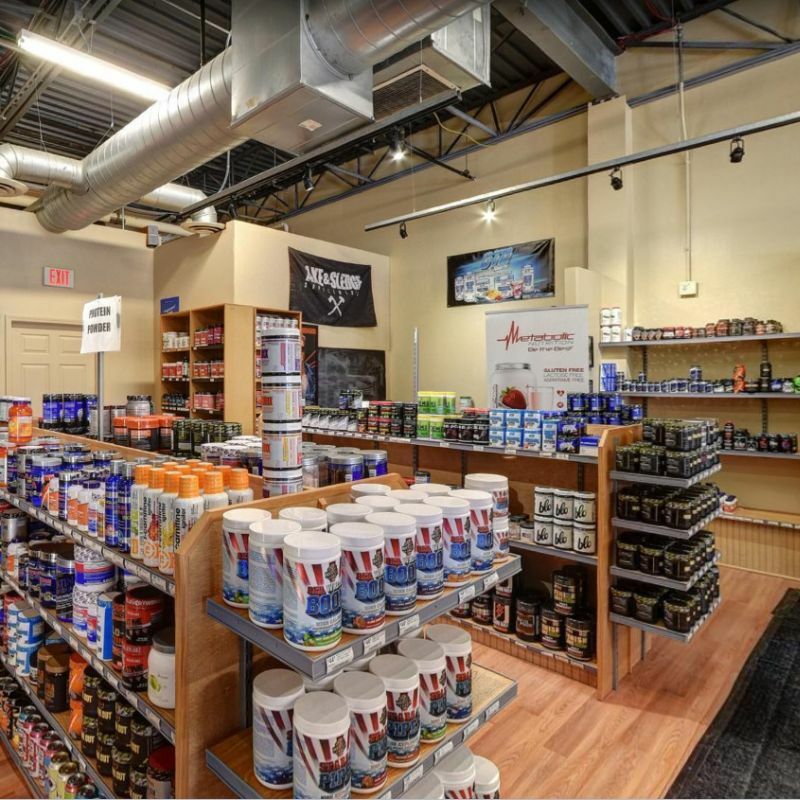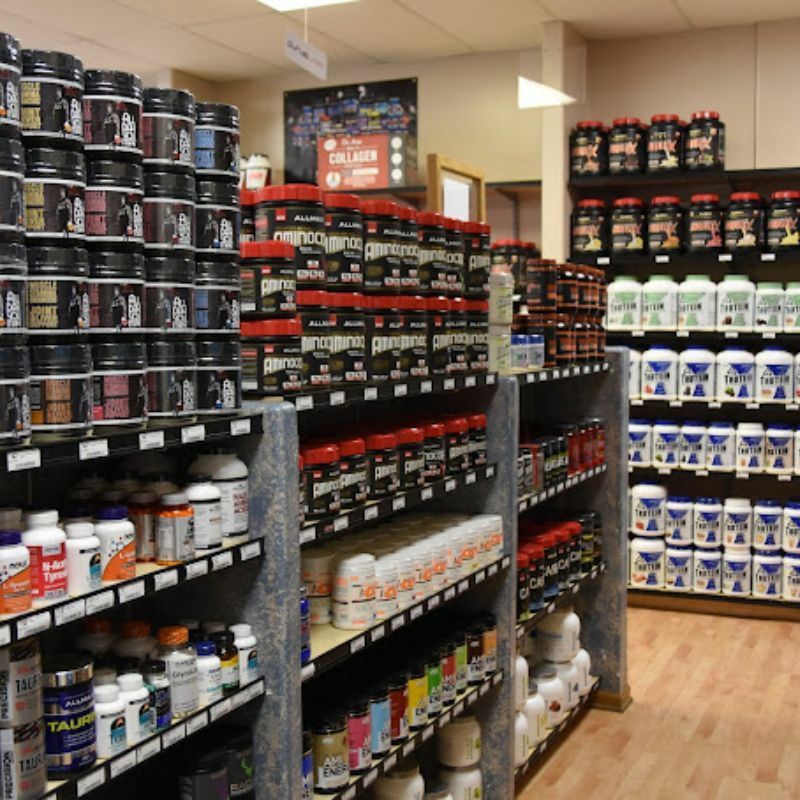You're Likely Deficient in These 4 Key Nutrients
Intro
A new study published in The Lancet Global Health revealed that about two-thirds of the global adult population is likely not meeting the recommended intake of four essential nutrients. The study published in The Lancet Global Health analyzed nutrient deficiencies in 15 critical vitamins and minerals worldwide and their impact on overall health.
Ty Beal, a Senior Technical Specialist at the Global Alliance for Improved Nutrition and a co-author of the study expressed alarm over their findings stating "People across all regions and income levels are not getting enough essential micronutrients which has serious health implications globally."
The study which drew from numerous sources including the Global Dietary Database, the World Bank, and various dietary surveys found that more than 5 Billion people were lacking in adequate iodine, vitamin E, and calcium with another 4 Billion individuals not consuming enough iron.
Iodine
Iodine is necessary for producing thyroid hormones which regulate metabolism, body temperature, brain function and heart health, among other bodily functions. The study found 68% of the global population does not consume enough iodine from their diet. Though most people rely on fortified foods like iodized salt and certain breads and cereals, there are natural sources of iodine which include fish, seaweed, dairy including yogurt and milk and eggs which provide a good source of iodine.
Vitamin E
Vitamin E is a fat soluble vitamin which helps neutralize free radicals and supports immune function and cellular communication. While severe Vitamin E deficiency is rare in the United States, worldwide 67% of adults do not consume enough Vitamin E. If you're looking to naturally boost your Vitamin E levels with foods, try foods like Sunflower Seeds, Spinach, Broccoli, and almonds which contain 6.8mg of Vitamin E per ounce.
Calcium
Calciumis essential for bone health, muscle function and nervous system communication and is another nutrient lacking in many peoples diets. Over 60% of adults globally are not getting their daily calcium requirement met. If you're looking to boost your calcium intake via diet try adding foods like leafy greens including boiled spinach and cooked kale, by adding chia seeds to a smoothie or making chia seed pudding, with soybeans or with sardines which contain 325mg of calcium per 3 ounces of sardines.
Iron
Iron deficiency remains a significant issue, particularly among women. Signs of iron deficiency can be feeling fatigue or weakness, bruising easily, pale skin, shortness of breath, headaches, cold hands and feet, difficulty concentrating or brittle nails and hair loss. Iron is crucial for oxygen transport in the blood and plays a role in brain development and hormone production. Approximately 65% of adults globally are not consuming enough iron. To increase iron intake via the diet try eating foods like spinach, lentils, beans, or shellfish like oysters which include 8mg of iron per 3 ounces.
Upping Your Nutrient Intake Via Supplements
While its best to get your nutrition from real whole foods, the reality is that many people are going to fall short of doing so be it from a variety of factors ranging from being too busy, not having access to nutritious whole foods, or just lacking the time to prepare appropriate meals. If for whatever reason your diet is not providing you with all the nutrients you need, you may want to turn to supplements. A good multivitamin should cover most of your daily requirements for iodine, vitamin E, calcium and iron, though you can also find individual supplements to cover each one of these nutrients.
†The content of this blog post is intended solely for reference and entertainment purposes. We do not offer medical advice or specific guidance regarding the products discussed. Our insights are based on a combination of anecdotal experiences, online studies/reviews, manufacturer details, and customer feedback. While we strive to present accurate and current information, we cannot assure its completeness or its alignment with the most recent product formulations or data. For any concerns or up-to-date information, we recommend visiting the manufacturer's website directly. The opinions and information provided here do not necessarily reflect the views of Best Price Nutrition; they represent the perspectives and information from the manufacturers and users. Furthermore, these statements have not been evaluated by the Food and Drug Administration. The products mentioned are not intended to diagnose, treat, cure, or prevent any disease or illness.
Recent Posts
-
Iconic Formulations Ultra Hard A No Fluff Review
What is Iconic Formulations Ultra Hard? Ultra Hard is a topical prohormone gel designed to promote a
-
What is Tricaprin? Benefits, Uses, Dosage, and How to Take Tricaprin
Tricaprin might not be a household name quite yet, but it's gaining traction and popularity in the h
-
American Ginseng: The Calming Root for Vitality, Stress, Cognition & Men's Sexual Health
Ginseng has long been a treasured herb in traditional medicine. When most people hear the word Ginsn










